In 2016, Boris Johnson bemoaned Brussels’ influence, and correctly identified the need for a post-Brexit Britain to make many free trade agreements ‘at a great speed’. ‘Why should that be impossible,’ Johnson asked. Great question Boris, why should it be impossible to reach a tariff and quota-free FTA with Australia? The answer is simple – it shouldn’t.
FTA discussions with Australia, though, have upset one of Britain’s most protected industries – agriculture. Resistance to competition by protected industries is nothing new – French winemakers sought protection from the threat of coffee merchants in the 1600s, dairy producers sought protection from margarine manufacturers in the 1800s, and taxi drivers seek protection from Uber drivers today. Death, taxes and uncompetitive industries whinging.
Thankfully, the European affinity for protectionism which infiltrates Britain’s political discourse is a source of peculiarity to us Australians. While Australia still debates many issues which have long been settled in the UK – emissions reduction is the obvious one – both of Australia’s major political parties embraced free trade decades ago. This was largely thanks to the John Hyde-led Dries of the 1970s and 1980s and the earlier work of Bert Kelly. Their free trade agenda included ending subsidies, increasing competition, and cutting tariffs, yet it was ignored by their own party and criticised by outsiders. Electoral defeat in 1983 saw their policies adopted by the subsequent Hawke, Keating and Howard governments. The free trade debate has been settled here since.
Johnson’s Tories must tread the same path. It was advocacy in the face of opposition which led to the implementation and bipartisan support of the sound economic reform mentioned above. This transformed Australia’s economic advantages into sustained economic rewards. Johnson must stand up to the Scottish National Party and vested interests and put Britain’s economic prosperity ahead of entitled farmers’ demands.
After all, if Johnson cannot overcome protests from one of the UK’s smallest industries – agriculture comprises less than 1% of the UK’s economy – what hope will he have standing up to more powerful protected industries which will see their privileged, subsidised realities dissolve with each new FTA? He will be required to overcome far greater resistance to strike a meaningful FTA with the US.
In 2016, referring to the UK’s need to engage with new and different markets, Johnson proclaimed, ‘this is a moment to be brave’. He is now in a position to be brave, and for Britain’s future lets hope he is just that.
Shane Herbst is a Research Analyst at Mannkal Economic Education Foundation and is currently completing his LLB at Curtin University.
Got something to add? Join the discussion and comment below.
Get 10 issues for just $10
Subscribe to The Spectator Australia today for the next 10 magazine issues, plus full online access, for just $10.

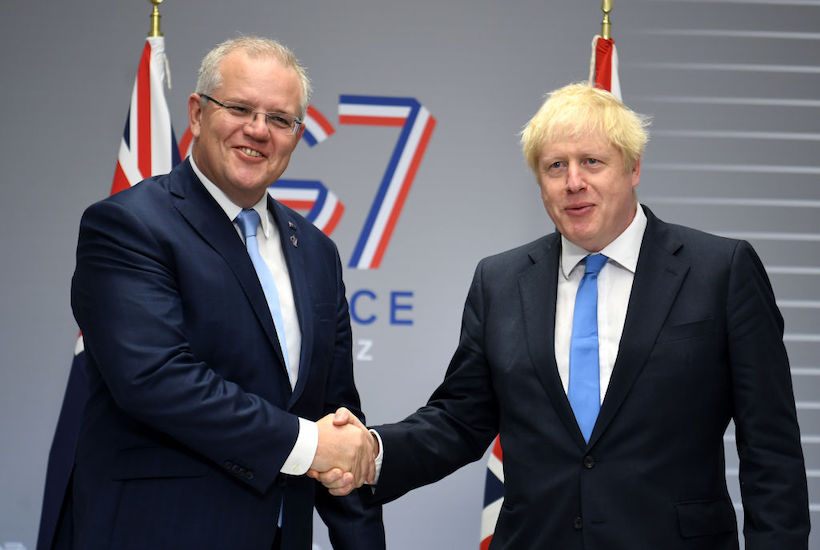
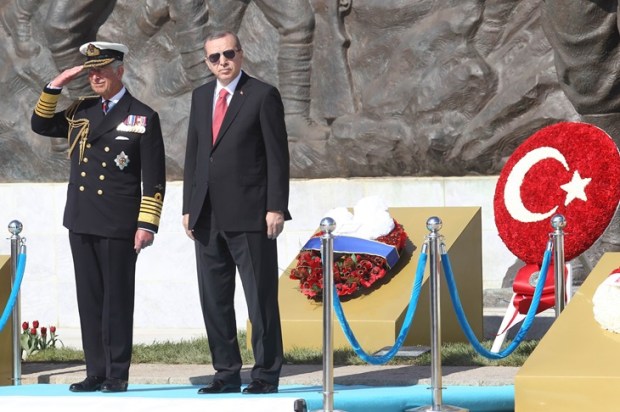
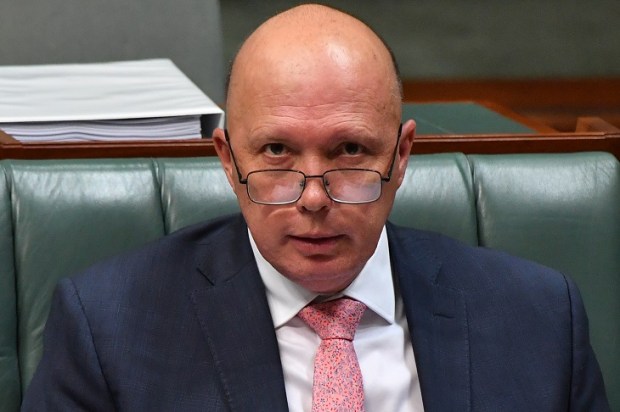

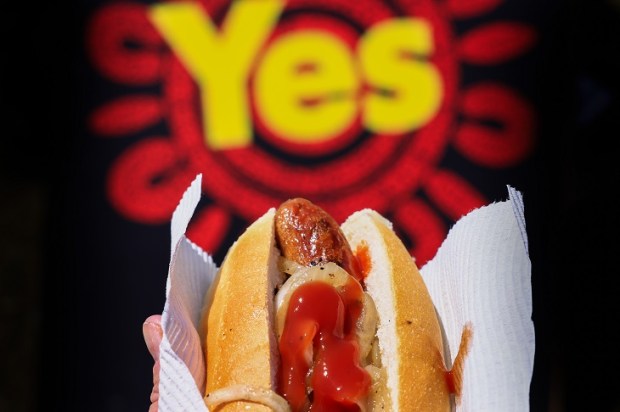
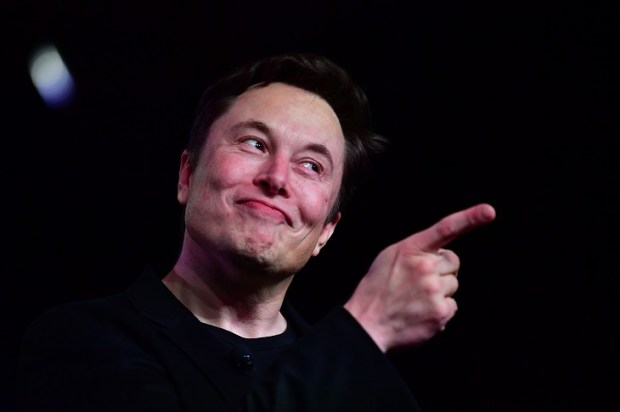


















Comments
Don't miss out
Join the conversation with other Spectator Australia readers. Subscribe to leave a comment.
SUBSCRIBEAlready a subscriber? Log in